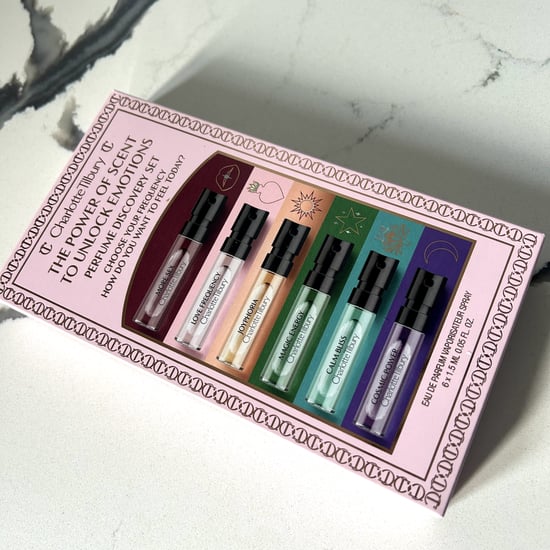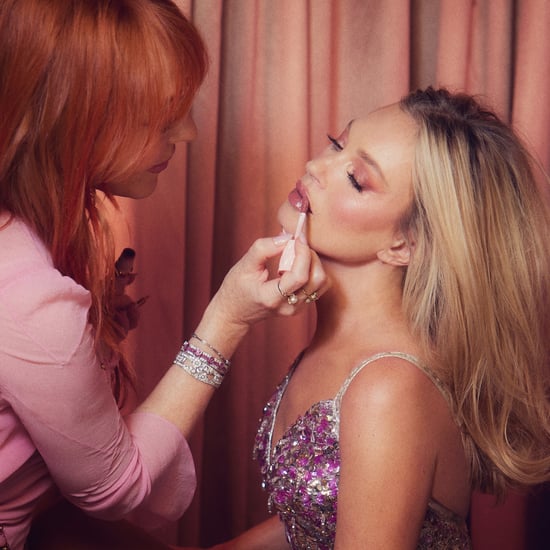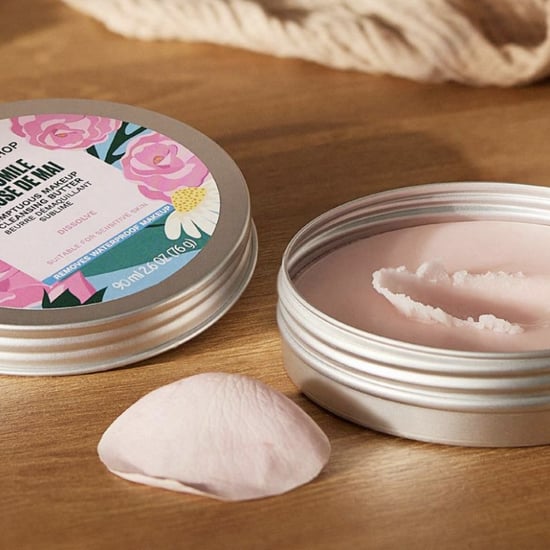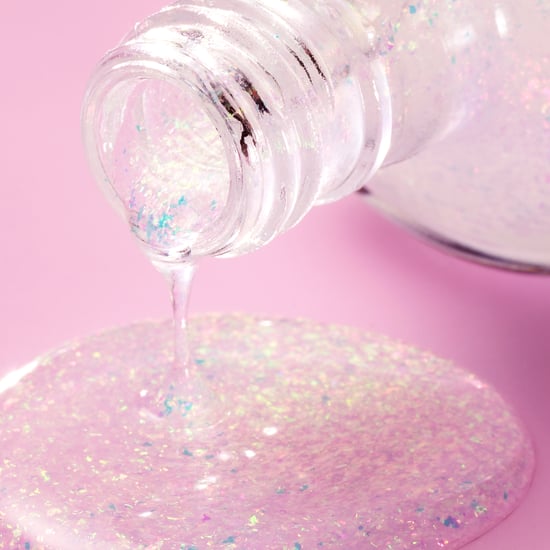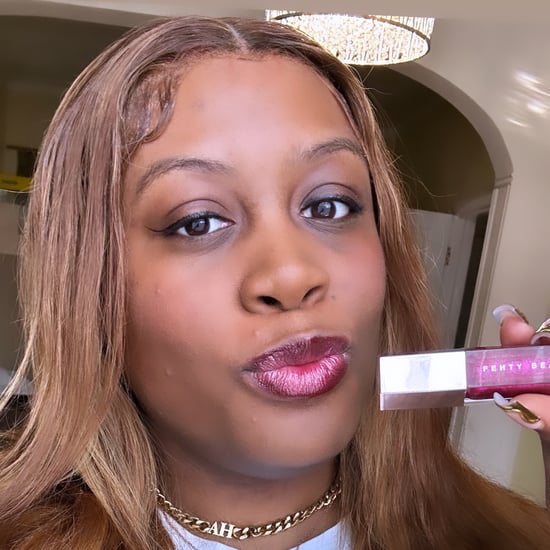London’s Peaceful #WhyCantIWork Beauty March Details
There’s a March in London This Weekend to Protest the Government’s Restrictions on Beauty Services
The lockdown due to the coronavirus pandemic is slowly easing up; businesses are returning to work, people are able to get their hair cut again, and you can grab a drink with friends at the pub. And while we're all pleased that the UK is returning back to normalcy, there's one sector that's been forgotten in all of this: the beauty industry. On 9 July, the government announced that beauty salons would reopen as of 13 July. Good news? Yes, but there was a huge caveat. Any treatments or services of the face were considered "high risk" and would not be permitted, thus leaving thousands of (predominantly) women out of work. Since the decision was handed down (and remained unchanged), workers have been demanding answers and support from the government with no success.
Because of this lack of support, founder of beauty-and wellness-booking service Beautystack, Sharmadean Reid, headed up a peaceful march in London's Trafalgar Square on 19 July, encouraging beauty industry workers to turn up in their full PPE to make a stand and show the government that, as an industry, they've gone above and beyond the guidelines to ensure they're safe and ready to go back to work. The #WhyCantIWork beauty march is urging the government to reconsider the current restrictions on beauty services.
So, why exactly does this march matter so much?
The first reason this matter is so important is that people are unable to work. The government's clear message of encouraging people to return to work, yet obvious disregard for the beauty industry not being able to do so, shows their lack of care for the sector in general. Statistics released by The British Association of Beauty Therapy and Cosmetology (BABTAC) shows that a startling 42 percent of beauty professionals are in "desperate need of immediate earning to avoid the risk of closing businesses or further job losses", and 35 percent of people surveyed are the "sole or main income provider of households". These people aren't just not able to give someone a lovely eyebrow wax, they're not able to provide for their families or pay their bills.
Beauty is also big business. If the government was serious about their aim to get the nation's economy back up and running, the beauty industry would be fully open by now. It's clear that there's underlying sexism at play here. The clearest proof of that fact is the government's decision to allow beard trims, which are not considered part of the "high risk zone" (although, a beard is on the face, is it not?), yet eyebrow waxing is not allowed — a treatment during which someone can wear a mask and a therapist can work from behind the client as opposed to in front. The decision isn't logical, appears to have no scientific basis, and does not support the government's reasoning in not being "COVID-19 secure".
Add in the fact that the beauty industry was made a laughing stock from MPs and the Primer Minister, and it's no surprise members of the industry are taking matters into their own hands. The peaceful march will prove not only how important the beauty sector is to the rebuilding of the UK economy but also that PPE is not an issue. It's an industry that, prior to the pandemic, already prided itself on extreme cleanliness. They are ready, and they don't just want to go back to work, they need to go back to work — and the UK economy needs them, too. The #WhyCantIWork beauty march is urging the government to reconsider the current restrictions on beauty services.
Join the peaceful Beauty March on Sunday 19 July at 12-1:30 p.m. at Trafalgar Square wearing your full PPE (if possible) and observing social distancing, using the hashtags #WhyCantIWork and #BringBeautyBack.
